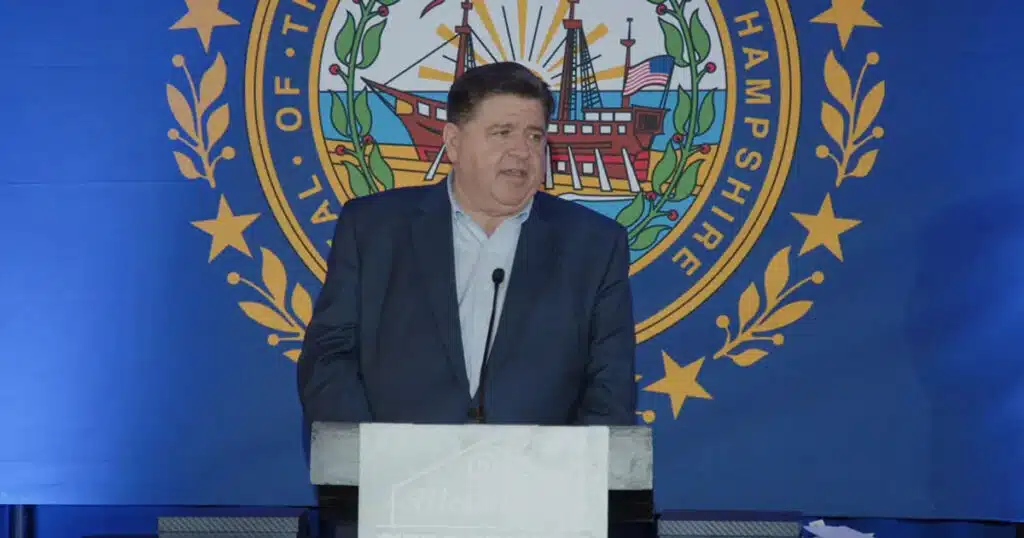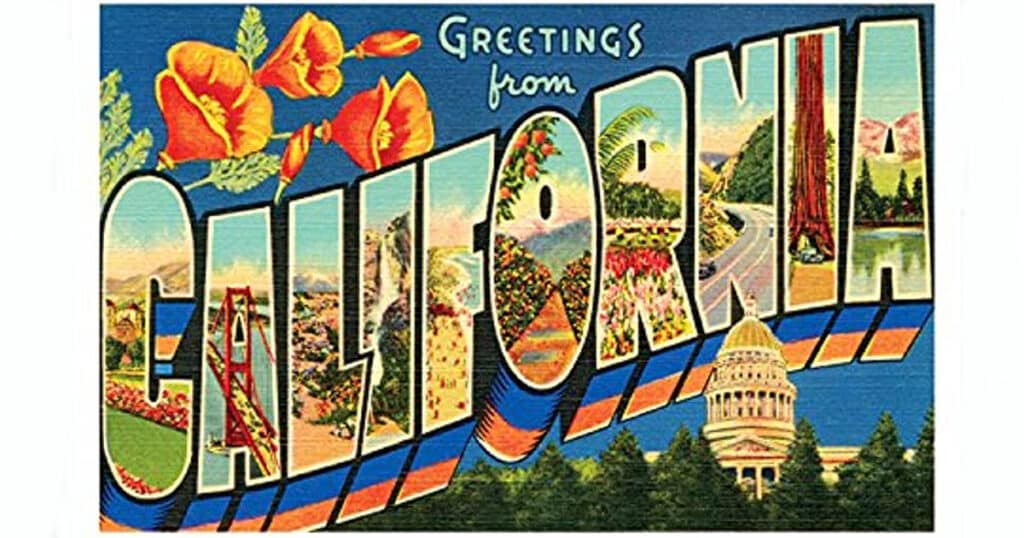
San Francisco Supervisor Asks State Lawmakers to Legalize Prostitution
Who would have thought a law allowing individuals to loiter in a public place with the intent of committing prostitution would lead to — a gathering of prostitutes? Actually, the notion likely occurred to a lot of folks not as enamored with woke social justice reforms as are particular Democrat lawmakers in the California legislature.
State Senator Scott Weiner from San Francisco wrote Senate Bill 357, which was signed by Gov. Gavin Newsom, also a Democrat, and became the law of the land Jan 1.
Wiener decried loitering laws that were previously in the books as unfair methods of profiling people that included trans women, trans people of color and women of color.
The legislation effectively finished tying the hands of law enforcement, who were already prevented by earlier legislation from detaining suspected prostitutes for probable cause.
And so, portions of two of California’s largest cities, Los Angeles and San Francisco, have literally been overrun by prostitutes — or, as they are popularly called now — sex workers.
In fact, the flood of sex workers has become so great in City by the Bay, Hillary Ronen, one of the city’s supervisors, plans to introduce next week a resolution urging state lawmakers to work up a bill that legalizes prostitution, which has been on a significant rise in San Francisco since last year.
With an abundance of sex workers congregating in the city’s Mission District, which is in Ronen’s service area, resident concerns and safety issues have prompted the implementation of several measures to combat prostitution, in particular barricading a part of Capp Street in order to divert sex worker traffic away from the neighborhood.
earlier this week, the San Francisco Police Department said in a statement that “The Department is aware of the issues of sex workers and the potential of human trafficking on Capp Street. The department is utilizing strategies to stop and disrupt the criminal activity, while being compassionate to those forced into the sex trafficking trade.”
That said, Ronen, said in a series of statements that she supports legalization and an open red light district, but also knows the proposal will face many hurdles, if it’s even picked up by a lawmaker.
“I do feel that society’s acceptance and (ability) to get away from the morality issues is growing,” said Ronen. “What’s happening right now on Capp Street is it’s become more brazen, and bigger than we’ve ever seen it before. Instead of repeating the same cycle that we’ve repeated for decades, it’s time to try something new.
“Figuring out where [a red light district] would be and getting the authorization of the city attorney,” she noted, “will not be easy.”
For such a bill to begin picking up momentum, it would need the support of a left-leaning Democrat to introduce it, since the issue is seen as a non-starter that bucks constituent wishes, for Republicans and more Moderate Democrats. Even in San Francisco, selling the public on legalized prostitution looks to be incredibly difficult.
Proposition K, which would have legalized prostitution in San Francisco starting in 2009, was soundly defeated in the 2008 election, with over 59% of voters voting against it in a high Democrat turnout. The proposition proved so unpopular that then-Mayor Gavin Newsom ended up rallying against it. Other proposals never even got that far, often dying after short discussions in city committees.
“Ronen might luck out and get someone in Sacramento to back it, but it is dead in the water,” Jim Frisch, a consultant on sex worker and sex trafficking legalization in Washington, DC, explained to the California Globe on Thursday. “Even in California, this is an incredibly hard sell. This did get attention, which may have been her goal, but this is also likely kind of a kick-starter to light a fire underneath people in San Francisco who can help her district on this problem.
“Threatened legislation sometimes helps bring resources in, as do more out of the box ideas like having documentaries be filmed in your district or other things that get a lot of eyes on the issue. At the heart of it, she wants this issue resolved peacefully and for these workers to be safe,” Frisch said. ” And with residents there afraid at night to leave because of the criminal element and the crime it brings, yeah, they want a solution. But something very unpopular, like legalization, isn’t one. And it seems like most lawmakers and voters in the periphery oft his issue know it.”
Ronen is expected to introduce her resolution in the next Supervisor’s meeting next Tuesday.



